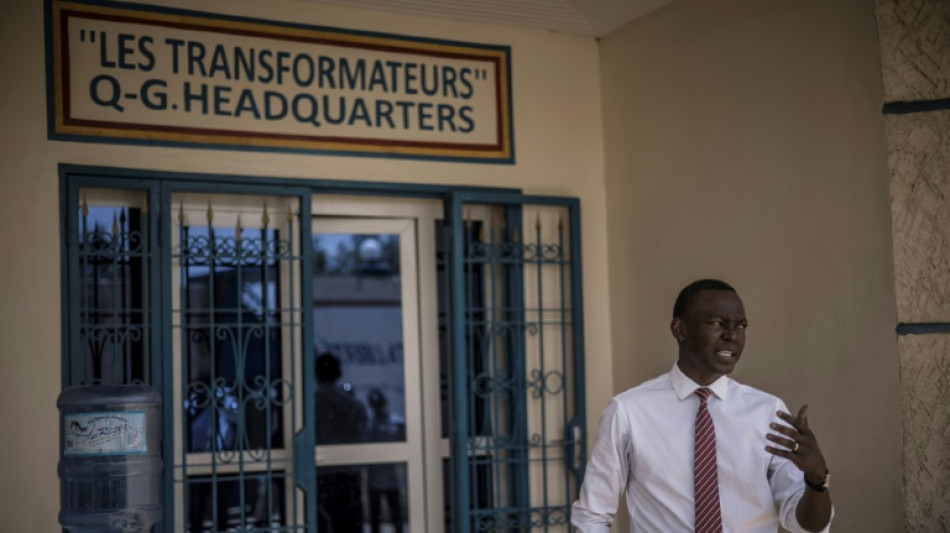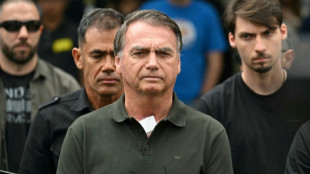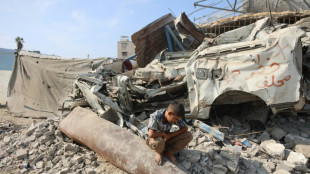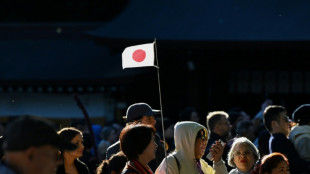

Chad's ex-prime minister arrested for 'inciting hatred'
Chad's former prime minister and opposition leader Succes Masra was arrested early Friday accused of inciting hatred in connection with deadly clashes in the southwest, the public prosecutor said.
Masra, who served as premier from January to May last year, faced off against President Mahamat Idriss Deby Itno in presidential elections a year ago.
One of Deby's fiercest opponents, he won 18.5 percent of the vote against Deby's 61.3 percent, but claimed victory.
Earlier Friday, his party said Masra had been abducted from his home in the early morning.
A post by The Transformers party featured an unverified video showing him leaving his residence surrounded by around a dozen armed men in military uniform.
Prosecutor Oumar Mahamat Kedelaye later said Masra had been detained after inquiries into a clash in the southwestern region of Logone-Occidental on Wednesday.
"The investigations carried out by the judicial police revealed the involvement" of Masra, Mahamat Kedelaye told reporters.
"Messages were disseminated particularly on social media calling on the population to arm themselves against other citizens," the prosecutor said.
He gave no details on the content or if Masra had been behind the messages.
The clashes killed 42 people mostly women and children, the prosecutor said, raising a previously reported toll of 35.
A local source said Thursday that the cause of the violence was thought to be a dispute between ethnic Fulani nomadic herders and local Ngambaye farmers over the demarcation of grazing and farming areas.
Conflicts between pastoralists and sedentary farmers are estimated by the International Crisis Group to have caused more than 1,000 deaths and 2,000 injuries between 2021 and 2024.
Masra, who comes from the south, is ethnic Ngambaye and enjoys wide support in the region, whose people are mostly Christian and animist and complain of being marginalised by the mostly Muslim central government.
- Deadly protests -
Masra, 41, an economist who trained in France and Cameroon, was a fierce opponent of the ruling authorities before they named him prime minister five months before the presidential election.
He contested the results and his party then boycotted parliamentary elections in December.
The elections cemented Deby's rule and ended a three-year transition period.
He had promised an 18-month transition to democracy but extended it by another two years.
Deby had been proclaimed transitional president by fellow army generals in 2021 after his father, Idriss Deby Itno, who had ruled Chad for 30 years, was killed in a gun battle with rebels.
Opposition figures have fled, been silenced or joined with Deby.
Since 2018, Masra has been the only opposition figure able to mobilise crowds of supporters in the capital at rallies that were systematically and violently repressed.
Like other opposition figures, Masra fled into exile after the army and police opened fire on demonstrators protesting the transition extension in October 2022, known as Black Thursday.
Up to 300 young people died according to international NGOs -- 50, according to the regime.
Masra returned from exile and signed a reconciliation deal with Deby but faced critics who denounced his decision to ally with the then junta.
R.Ortiz--ECdLR






